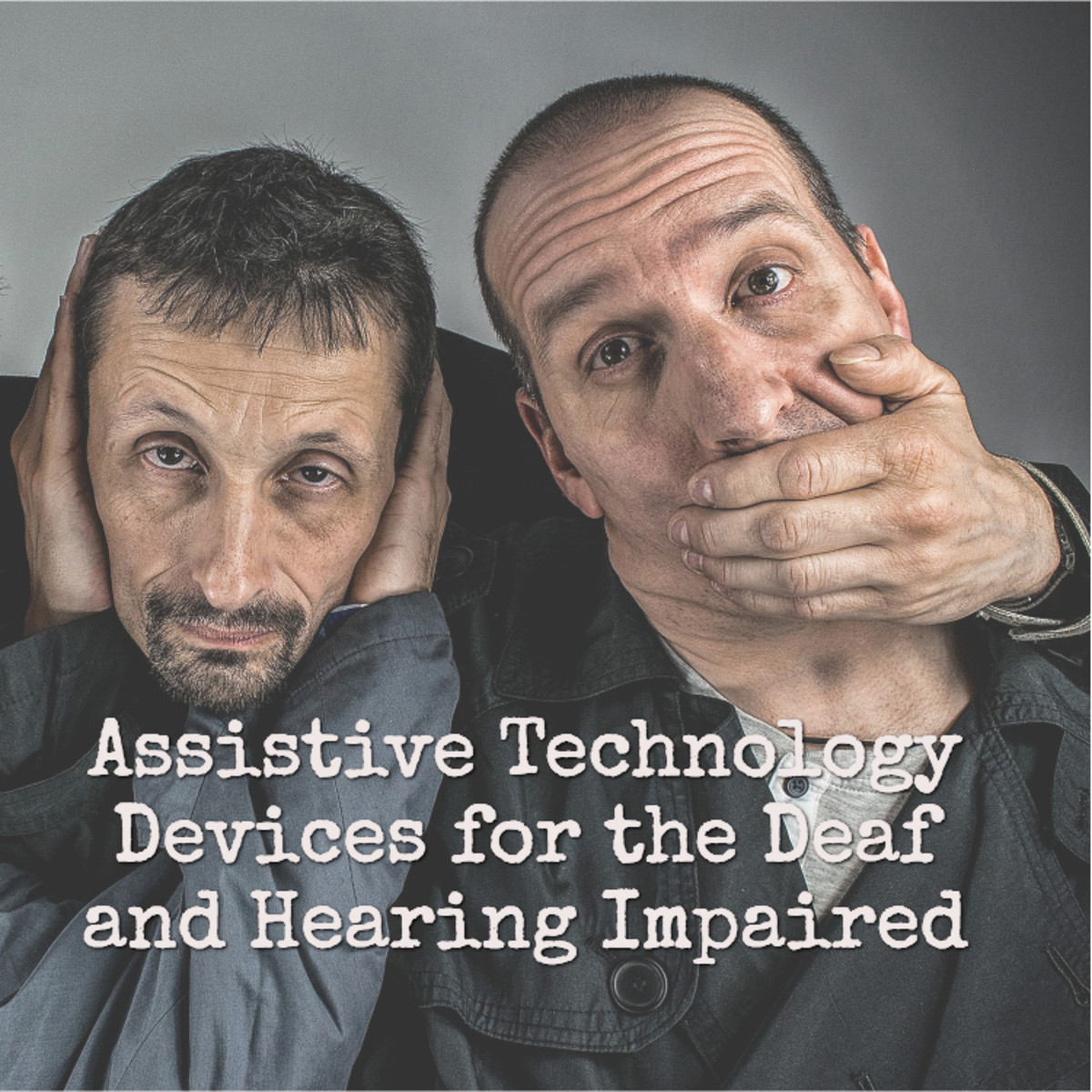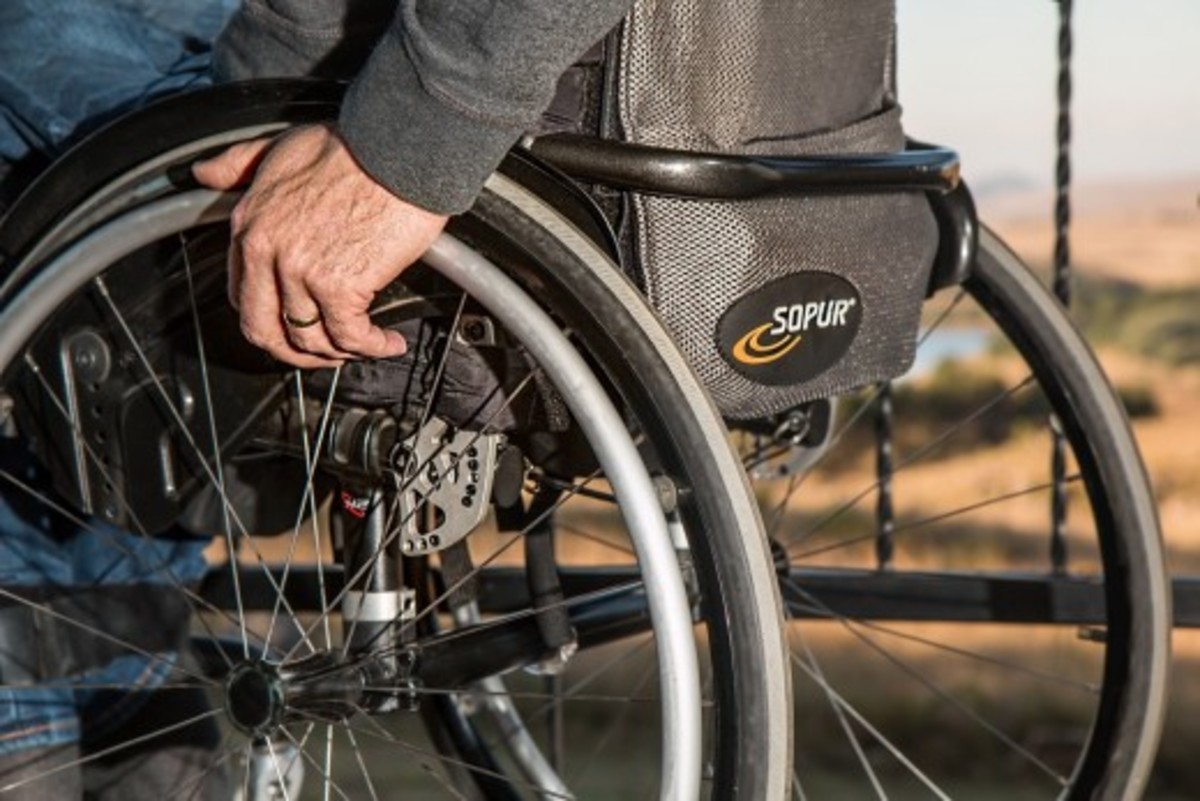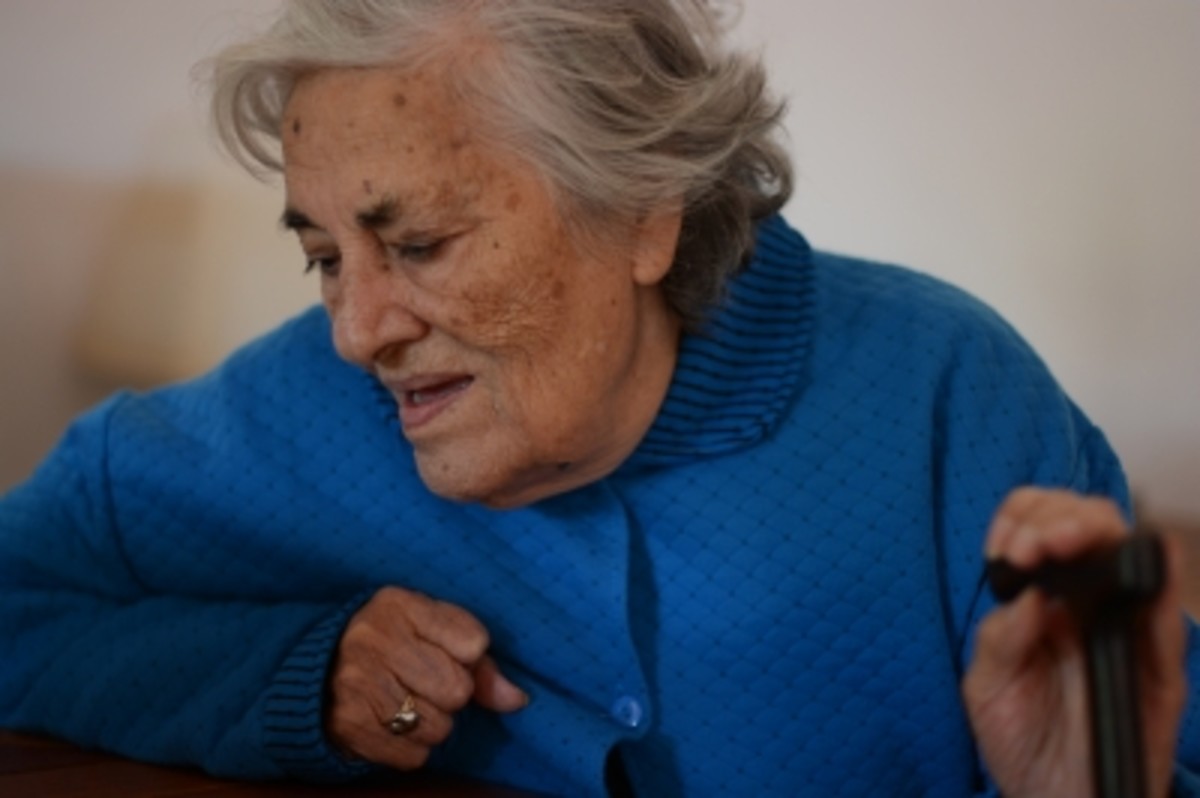Living Life As A Hearing Impaired Person

Have you ever thought what it would be like to not have the ability to hear? A few years ago I took an American Sign Language class and I learned so much.
For example, how easy it is for one to visit the doctor when it is necessary, just use the telephone to make an appointment and talk to the doctor and he/she explains what the problem is. We are such fortunate people. Now, just pretend for a moment, that one is deaf. Making the telephone call may not be so easy, as a third person has to be involved to interpret the messages from the caller to the doctors office. Here I am trying to explain to the doctor my symptoms and he/she takes my temperature, blood pressure, listens to my heart, looks in my throat and writes me a prescription.
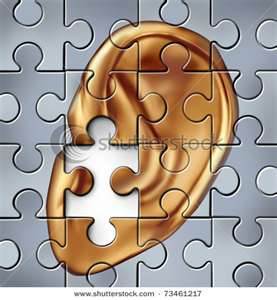
In situations such as these, deaf patients should be able to communicate the same as hearing people. Unfortunately, too many deaf people leave their doctor’s office knowing that their doctor did not understand what the problem is. There are so many places that hearing people take for granted but for a deaf person it can be a very different experience.
It is rather amazing to think that a deaf person can visit their doctor and know that the doctor did not understand what was said to them. The other problem is how does the doctor communicate to the patient? The British Medical Journal informs us that “more than a fifth of deaf and hard of hearing patients leave a doctor’s appointment unsure with what is wrong with them" (Beecham, p.1). One of the problems here is that the doctor does not check to see if the patient understood what was said to them. Unfortunately, one tenth of deaf people avoid going to visit their doctor because they do not want to face an uncomfortable situation. This is absolutely shameful! Especially as 87% of doctors believe that they communicate effectively with their patients (Beecham p. 1).
In 1973 the Rehabilitation Act came into effect. This act made it against the law to discriminate any person just because they have a disability. Then in 1990, the Americans with Disabilities Act became law. Both of these laws made it against the law to discriminate against individuals who had a disability such as loss of hearing, or any other disability that affected one “major life activity” (Beecham p. 1). The laws also required that any facility, either public or private, that had “15 or more employees” (Sheehan, p. 1), had to give their employees the same privileges and services whether they are deaf or hearing. For deaf people this means that closed-captioned television or access to the telecommunication device (TDD) should be available where needed. Most employers do not want their employees watching television, but places where televisions are permitted such as hospitals, waiting rooms, and restaurants should have closed-captioned television. I have tried to watch a program with the sound turned down and it is very difficult. I am pleased that the federal laws came about, as out of every 1000 people almost 6 people are “deaf in both ears” Sheehan, p.1). As a matter of fact, in New Jersey a hospital had a $7000,000 settlement with four patients who are deaf and for over ten years were denied sign language interpreters. Rather astounding. The federal law now states that hospitals and doctors offices provide a way to communicate with their patients effectively. This is usually in terms of having an interpreter on staff, or using flash cards, or even writing things down on paper.

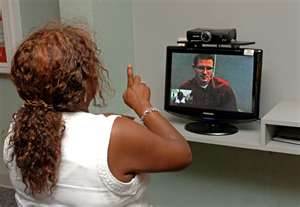
An article I read in Woman’s World (Kiffel, p. 6-7) gave a very real example of how having an interpreter on hand can make all the difference. The article is about a deaf boy who had lots of hearing friends and good relationships with them. The problem was that the boy attended a school for the deaf that apparently he did not like. The mum decides to enroll her son in public school and it was a very successful experience. The teacher had prepared her students for a deaf classmate and the school had an interpreter on staff. Consequently, the boy was not seen as a freak but a normal person who just could not hear. Unfortunately, not all situations end so happily.
In some situations, the ADA and Rehabilitation Act include the deaf person’s family members, especially if the family member is the primary caretaker. An article written in Caring for the Deaf gives an example of how a family was not given these rights immediately and the result was death. A deaf woman’s husband suffered a heart attack and at the hospital was given a person who could fingerspell to interpret for her as opposed to someone who could sign. Consequently, the woman’s husband died. He may have died anyway, but because the deaf lady and the doctor could not understand each other treatment was not immediately given to the patient (Sheehan, p.2
Researching this article has made me acutely aware of how thankful I am to be able to hear - birds, the ocean, people talking, people singing, and even people arguing..,
Let's be grateful and compassionate.



